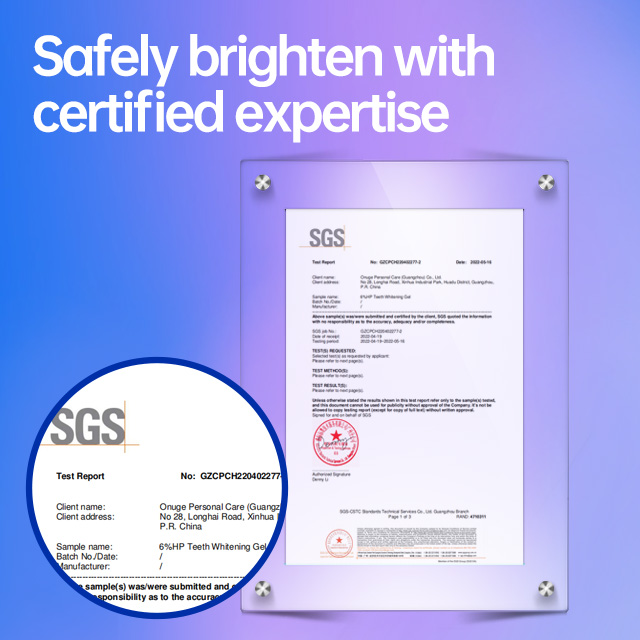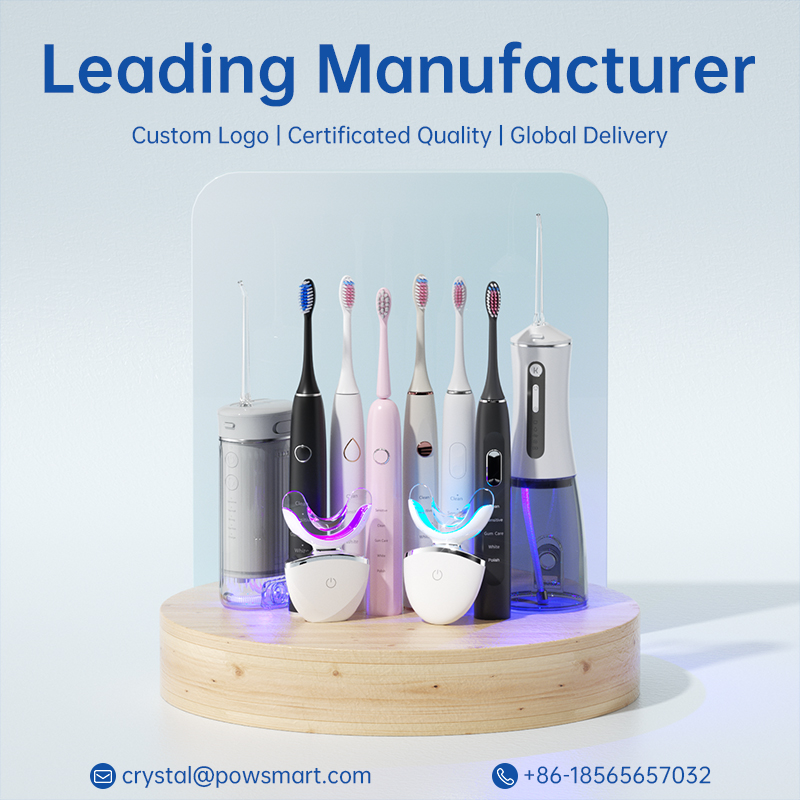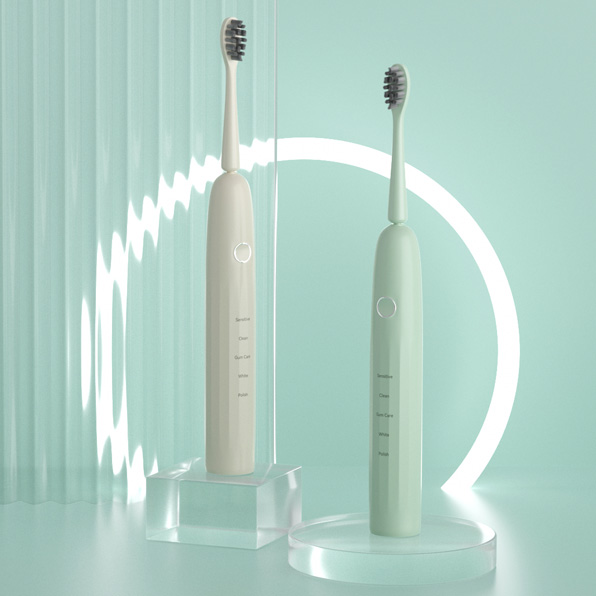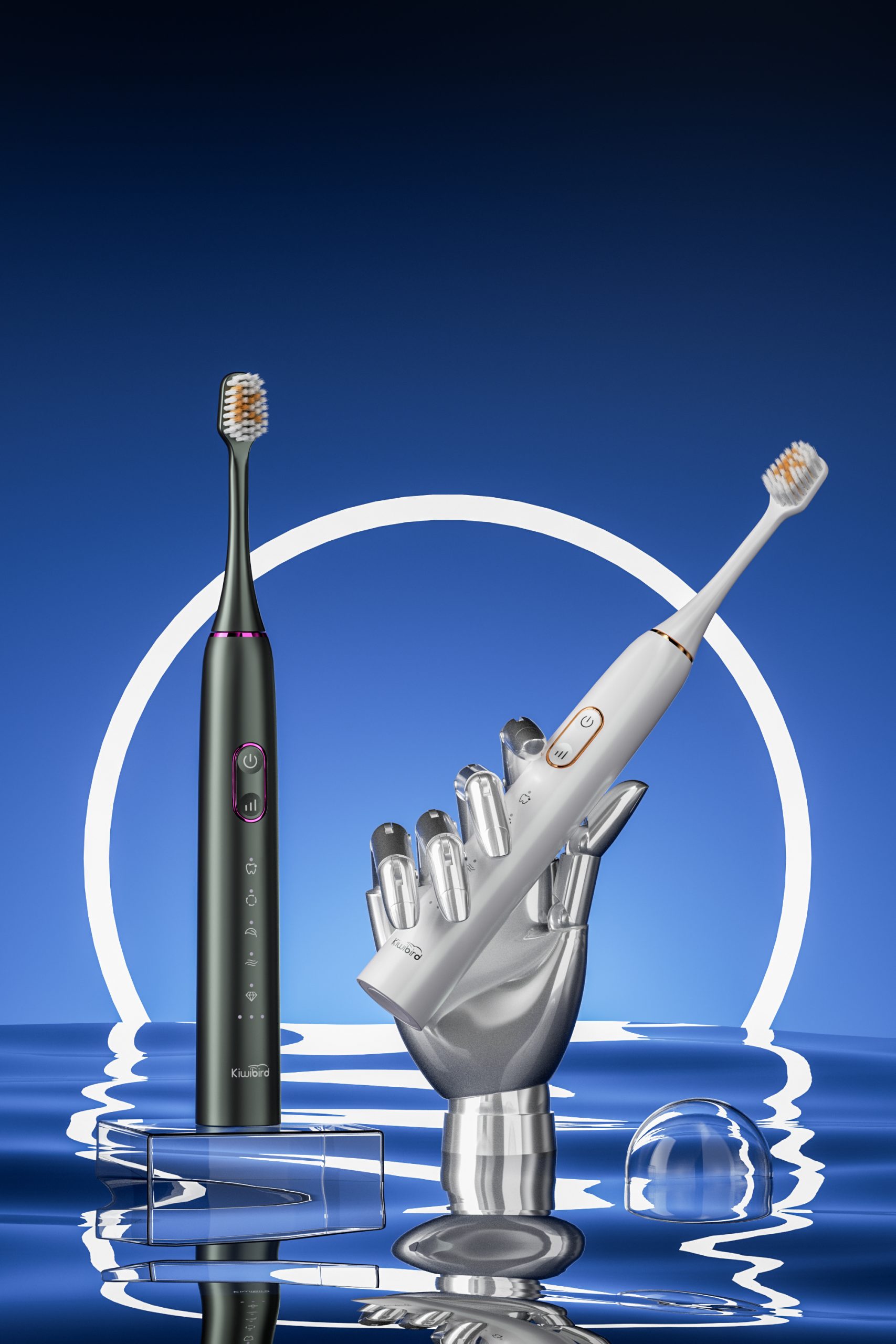When evaluating cross-border patient flows, many manufacturers and clinic operators ask whether Dental tourism presents a realistic growth channel compared with strengthening local Kirkland services. For B2B stakeholders in the electric-toothbrush and oral-care equipment supply chain, the answer is: potentially yes — but only with careful planning across clinical continuity, product support, and regulatory compliance. In particular, electric-toothbrush manufacturers can capture value if they address the unique needs of traveling patients and the clinics that serve them.
Dental tourism can open new revenue streams and volume for clinics and suppliers, yet viability for Kirkland-area providers (and their OEM partners) hinges on six operational realities — patient aftercare, warranty logistics, device compatibility, supply of replacement brush heads, digital follow-up, and legal/regulatory risk management.
Yes — but only as a managed channel. For B2B suppliers and Kirkland services, Dental tourism becomes viable when the supply side (manufacturers, distributors) and care side (Kirkland clinics) coordinate on warranty, aftercare, parts availability, and digital follow-up. In turn, smart electric-toothbrush features (app connectivity, soft-head recommendations, pressure sensors) become differentiators that protect patient outcomes and create upsell opportunities.
If you’d like, I can draft a sample “dental tourism kit” spec for Kirkland clinics (recommended toothbrush model features, replacement-head SKUs, multilingual packaging, and a warranty template) to help you pilot a program. Contact us
.jpg)
.jpg)

LED Light in Oral Care: Safety Insights for OEM Product Development
.jpg)
Diwali Offer Cheap Electric Toothbrush for Students Delhi
.jpg)
Why choose a budget electric toothbrush from a trusted brand?
.jpg)
ADA-Approved Sonic Toothbrush OEM

The Hidden Engine for Your Oral Care Brand’s Growth

Is waterproof design important for your bathroom essential toothbrush?
.jpg)
Peroxide-Free Whitening Kit Wholesale for Global Distribution

What is the Safest Teeth Whitening Method?
.jpg)
Where to Repair Electric Toothbrushes in Downtown Chicago?
.jpg)
How can USB-C fast charging keep your electric toothbrush ready at all times Long Battery Life?
.jpg)
Motor Jamming with Overheating Alerts – Linked?

How to Effectively Reduce the After-Sales Return Rate of Electric Toothbrushes
.jpg)
How does a rancher toothbrush Texas stand up to the lone star toothbrush challenge?
.jpg)
Battery Drain and Compatibility Issues Triggering Claims?
.jpg)
Compact Size Sonic Toothbrush Wholesale | Lightweight Travel-Friendly OEM Supply
.jpg)
Electric Toothbrush Sample Lead Time for OEM Projects